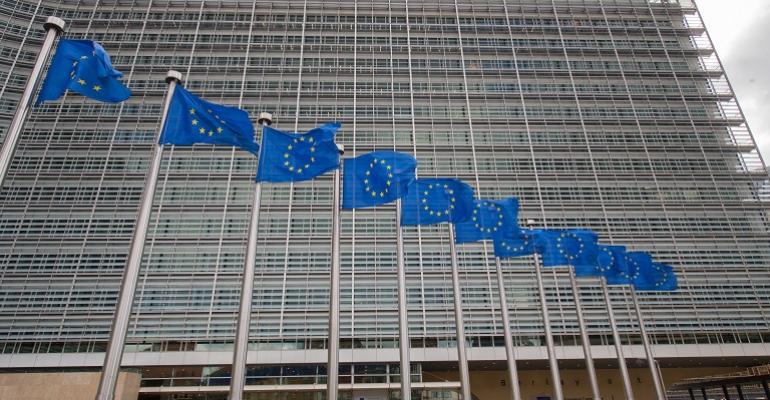The provisional deal between European Parliament and Council negotiators is designed to steer maritime towards an uptake of renewable and low carbon fuels.
The targets apply to ships over 5,000 gt and call for a 2% cut in the GHG content of fuels by 2025 from a 2020 level of 91.16 grams of CO2 per MJ. The level of reduction increases to 6% as of 2030, 14.5% as of 2035, as of 2040, 62% as of 2045 and 80% as of 2050.
The reductions apply 100% of energy on voyages between EU ports and to 50% of energy used on voyages where the arrival or departure port outside the EU or the EU’s outermost regions.
The rules will be reviewed by the commission in 2028 to decide whether to extend the rules to smaller ships and also vessels from non-EU ports.
The deal gives more credits, as an incentive, in the form of offsetting emissions to those ship owners who use renewable fuels of non-biological origin (RFNBO) from 2025 to 2034. If RFNBO usage is below 1% by 2030 a target of 2% will be set for 2035.
EP rapporteur Jorgen Warborn commented : “This agreement sets out by far the world’s most ambitious path to maritime decarbonisation. No other global power has drafted such a comprehensive framework to tackle maritime emissions. This is truly ground-breaking.
“This regulation will force others to move too. Europe will do its fair share, but European citizens and companies should not foot the bill for the entire world's climate efforts.”
The deal also covers the use shoreside power for containerships and passenger ships at major EU ports by 2030, and all other EU ports by 2035 if shoreside power is available.
The informal deal on sustainable maritime fuels rules still needs to be approved by the Council Committee of Permanent Representatives and Parliament’s Transport and Tourism Committee, and then the Parliament and Council as a whole.
Copyright © 2024. All rights reserved. Seatrade, a trading name of Informa Markets (UK) Limited.
Add Seatrade Maritime News to your Google News feed.  |
